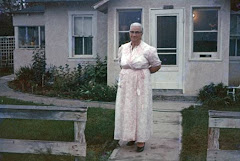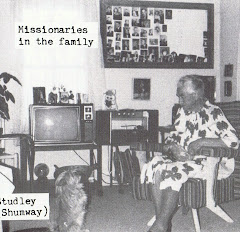Over Looking Bear River
This True Indian Story was a favorite story Louisa told Phoebe Wheeler.
"It was the winter of 1860 in Franklin, Idaho and the Saints were having trouble with the Indians. They were stealing cattle, horses, and giving plenty of trouble. They were told if they didn't get along they would send the army, but the Indians didn't believe them, so the soldiers were sent for and they came one evening. The Pioneers fed them and gave them a good place to sleep. The next morning they fought with the Indians, there were eight soldiers killed and many Indians killed and wounded. All the families in the settlement had to care for the wounded Indians. They put them in buildings and took food, water and medicine to them.
 |
| Sarah Goode Marshall |
There were two Indians given to great-great-grandmother, Sarah Marshall. Louisa (great-grandmother) was only 10 years old, and her brother George was 8. It was their job to take the food and water to the 2 Indians who were in the blacksmith shop. One of the Indians hands was shot pretty bad so he asked Grandmother if she and Uncle George would get some bark off quaken aspen tree, chokeberry tree, tag elder, and kontnick tree which they did. They put the bark in a big clean pot and cooked it over the fire. When it was done and cooled he put it on his hands and soon they were healed. They kept him the rest of the winter and when spring came let him go back to his tribe. He always called Louisa, Sockobee.
The years passed and grandmother married and had 6 children living in Frankfort on a big farm. Martin Calvin was doing some investigating at the lower field and wanted Louisa to walk around the field with him. There were Indians camped at the lower end of the field. Calvin said Louisa lets walk over and see if we know any of them so they did.
When they got to the camp, an old Indian came forward and said, "Sockobee, Sockobee."
Grandmother didn't know what he was trying to say or recognize him. Then he held up his two scared hands and she knew he was one of the Indians she helped to care for many years before when she was a small girl, 10 years of age."
Grandmother Delilah Asay told us this story, telling abou the Indian braves that escaped the soldiers hid under the banks of the frozen river and the snow being red with blood. Rick, has many Northern Shoshone friends, and tried to discover what Sokopee meant. Since it is phonetic, the closest translation that makes sense is "Little mother". In any case, this Indian used it as a term of endearment.
(click below to hear Amazing Grace in Cherokee)















No comments:
Post a Comment